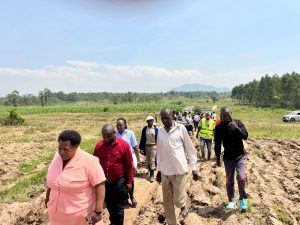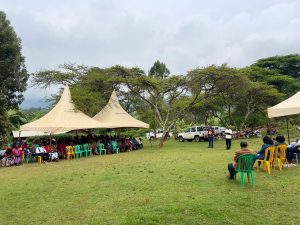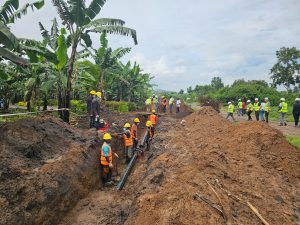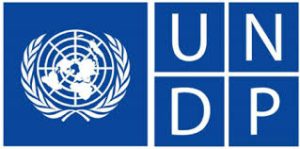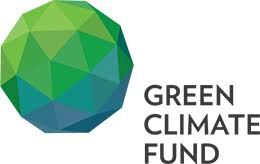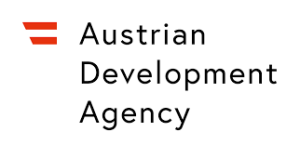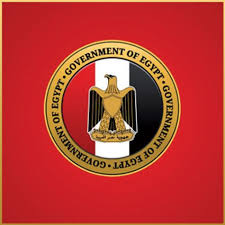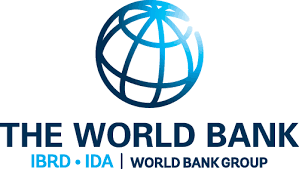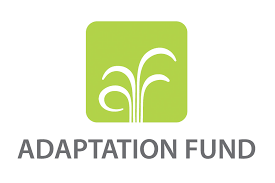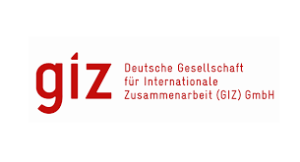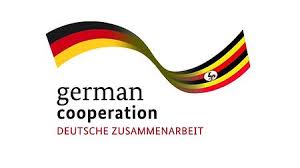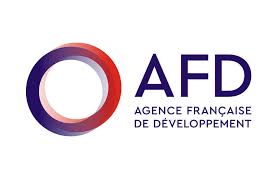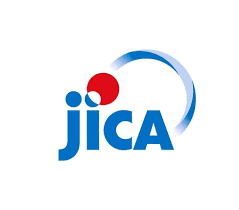WfP Centres
Water for Production (WfP) Centers for Eastern, North, Central and South West, for provision of water for productive use in livestock and aquaculture, while mitigating the effects of climate change through modern irrigation technology by establishing regional implementation and back-up support units in Mbale for Eastern Uganda and Karamoja Sub-region; Lira for Northern, West Nile and Upper Central Sub-Regions; and Mbarara for Lower Central Sub-Region and Western Uganda. Each of these is considered a separate project with a distinct code in the PIP.
Key Goals and Objectives:
- Increased Agricultural Production and Productivity: The core aim is to provide reliable water sources for irrigation, livestock watering, and aquaculture, thereby boosting agricultural output and ensuring food security.
- Climate Change Adaptation: By constructing multi-purpose reservoirs (earth dams, valley tanks), small-scale irrigation schemes, and bulk water transfer systems, the projects help communities adapt to increasingly erratic rainfall patterns, prolonged droughts, and other climate change impacts.
- Poverty Eradication: By ensuring water availability for productive uses, the MWE aims to empower farmers, reduce rural poverty, and create more stable livelihoods.
- Modernization of Agriculture: The projects support the adoption of modern irrigation technologies and improved water management practices, moving away from traditional, less efficient methods.
- Support for Rural Industries and Other Commercial Uses: Beyond agriculture, WfP projects also aim to provide water for rural industries, tourism, and other commercial activities, fostering broader economic development.
- Sustainable Water Resource Management: The Ministry emphasizes integrated water resource management, ensuring that water development is undertaken in a sustainable manner, considering environmental protection and long-term availability.
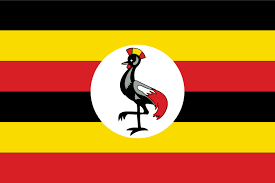 Official Website of the Ministry of Water and Environment
Official Website of the Ministry of Water and Environment

